
Cost Disease Socialism
How Subsidizing Costs While Restricting Supply Drives America’s Fiscal Imbalance
Read or listen offline
Amazon KindleRecommendation
Researchers Steven M. Teles, Samuel Hammond and Daniel Takash examine America’s fiscal health from the perspective of “cost disease socialism.” They posit that government spending on core necessities like health care, education and housing in supply-restricted markets creates an unsustainable upward spiral in costs without any offsetting economic growth. They suggest that focusing instead on stimulating the supply of these goods and services will lead to long-run prosperity and viable state finances. Executives and concerned citizens will find this a thought-provoking commentary.
Summary
About the Authors
Steven M. Teles is a professor at Johns Hopkins University and a senior fellow at the Niskanen Center, where Samuel Hammond is the director of poverty and welfare policy, and Daniel Takash is a regulatory policy fellow.







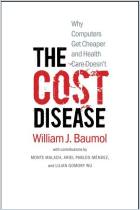
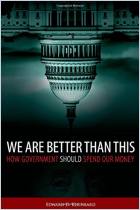
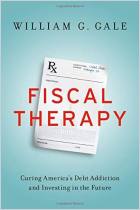
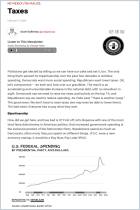
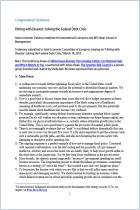
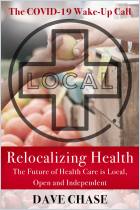



Comment on this summary or Démarrer une discussion